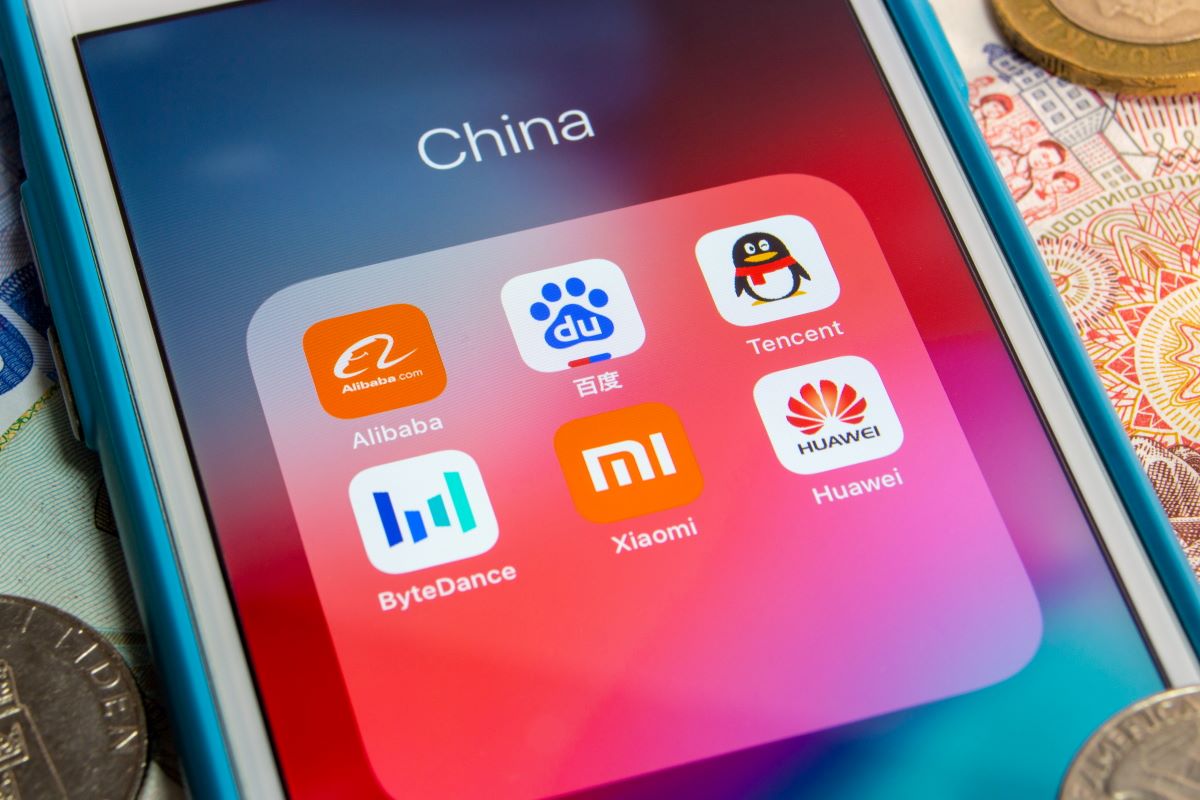After two years of crippling the technology sector in the country, China’s tech crackdown is showing signs of slowing after Beijing has shifted its stance. At least 14 internet companies were directly impacted, while others faced a tough time doing business.
Earlier this month, Guo Shuqing, the Chinese Communist Party secretary of the People’s Bank of China (PBOC) said that the special campaign was basically complete with only a few issues remaining to be resolved. This is the first time a senior official from China said that the government was taking a detracted approach when dealing with internet companies in the country.
How did China tech crackdown pan out?
China first expressed concerns about internet companies and their ability to abuse their power while undermining competition back in October 2020. The most significant event probably was Jack Ma’s speech at the Bund Financial Summit, which compared banking regulators to ‘an old man’s club’. The suspension of the Ant Group IPO – which is still pending – followed shortly after.
China’s politburo had then vowed to strengthen antitrust laws, and new rules were drafted for regulating internet platforms. What came after was a slew of penalties on Alibaba, Tencent, Didi, China Literature and a few others.
Jack Ma’s criticism of Chinese regulators saw him disappearing from the public eye, while Ant Group (then Ant Financial) was restructured into a financial holding firm so that the banking regulator rules may apply.
The country’s edtech sector too faced the whip, as President Xi Jinping vowed to regulate the tutoring industry. Later, Xi also put the spotlight on video game addiction. The game licensing system hobbled several publishers, but it seems now that things are getting back to normal.
The China tech crackdown affected not only domestic firms, but also e.g. Tesla, whose cars were banned from China military use over concerns about cameras and data privacy.
China’s State Administration for Market Regulation in April 2021 had announced a list of 12 companies — including Tencent, Baidu, Didi Chuxing etc — to be punished for irregularities in mergers and acquisitions. Shortly after it warned 34 other firms to rectify their anti-competitive practices within a month.
Several online tutoring companies also fell prey to the China tech crackdown, with some of them eventually shutting down. Beijing then rolled out specific guidelines for the edtech sector, later banning for-profit tutoring altogether.
In August 2021, China said it was mulling banning US IPOs of technology firms that handle loads of consumer data. Beijing also put a restriction of three hours of gaming per week for children. Players under 18 were completely banned from games on certain days. The decision hit the share prices of gaming companies such as Tencent, NetEase and Bilibili.
To put things in perspective, Beijing fined Alibaba a record $2.8 bn, while ride-hailing service Didi was delisted from the US and was hit with a penalty of $1.2 bn. Separately, hundreds of dollars of market capitalization were wiped off due to China tech crackdown.
What’s next for China tech sector?
While the top regulatory official says that the China tech crackdown is over, and it well might be as the past few quarters have seen fewer and fewer fines or new regulations. However, China is stepping up its involvement in company decisions by buying ‘golden shares’ in some of the top big tech firms.
China has bought stakes in Alibaba units and appointed communist party loyalists to the board of companies. Previously, ByteDance, the parent of the wildly popular video platform TikTok, saw a government-connected fund picking up a 1% stake. Reports indicate China will take a similar stake in Tencent as well. This shows that while external regulatory scrutiny has taken a back seat, Beijing may try to influence the business of top internet firms.
However, China has altered its course on several policies to spur growth in the technology sector, such as lifting the ban on new Didi users and issuing licenses to new games by publishers. The country’s central bank earlier this month said it will support private firms to shore up the economy.
Meanwhile, Jack Ma as ceded control of Ant Group after the company spent the past two years restructuring its business. Ant was also allowed to raise capital for its consumer finance unit, but there are no signs of an IPO yet.
“The authorities easing of lockdowns, re-opening of the economy and smoothing out of the roughest edges of its property and tech sector crackdown have renewed optimism about a growth pick-up in 2023,” writes BNY Mellon Investment Management.


 Australia
Australia China
China India
India Indonesia
Indonesia Japan
Japan Malaysia
Malaysia Philippines
Philippines Singapore
Singapore South Korea
South Korea Taiwan
Taiwan Thailand
Thailand Vietnam
Vietnam







